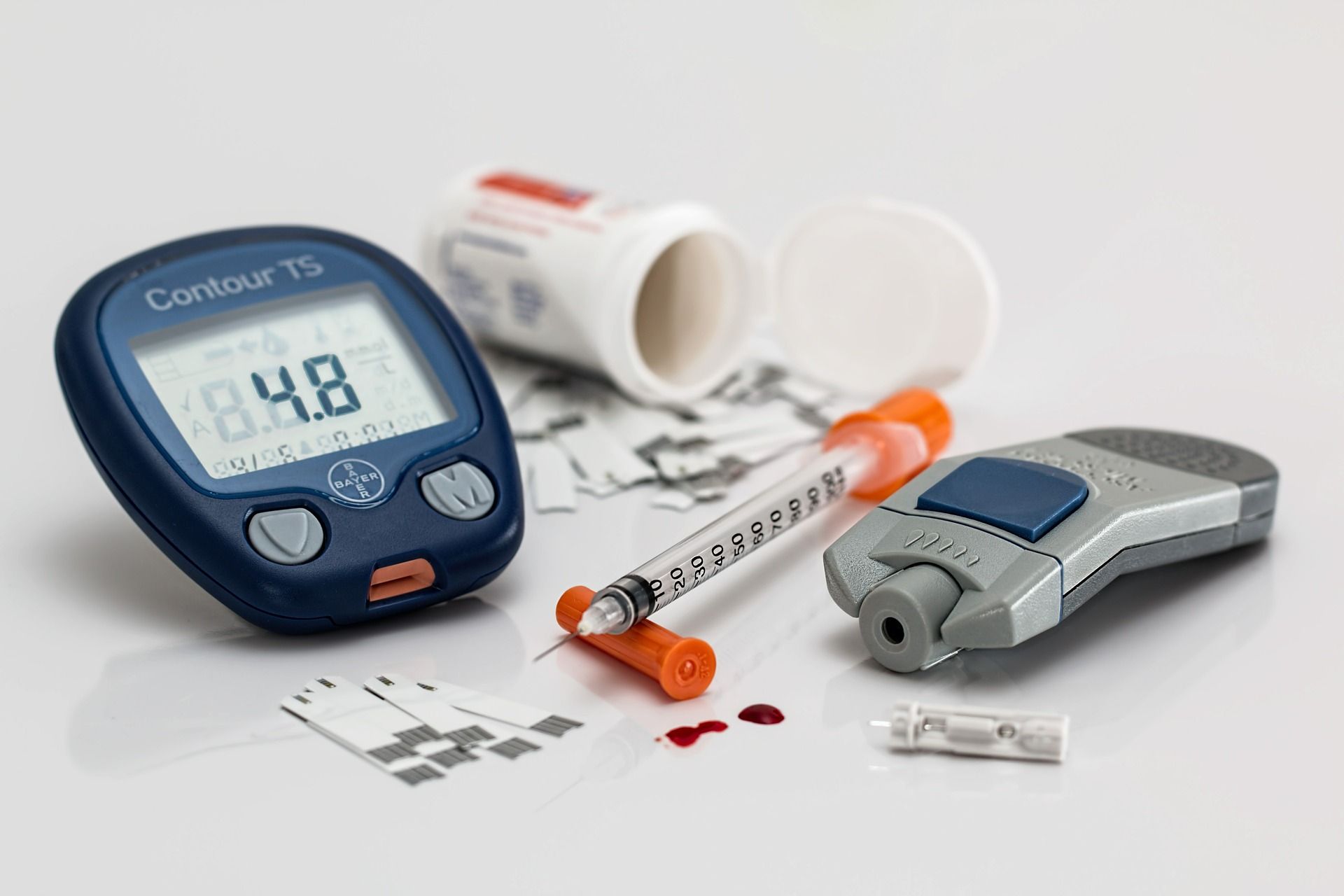understand the complications and side effects
experts agree that self-management of type 1 diabetes is challenging because of the immediate troubles that you can run into and immediate harm with high blood sugar, hyperglycemia, or low blood sugar, hypoglycemia, that can be life-threatening. but fluctuating blood sugars over the long-term can affect sensitive organs in the body.
these impacts are divided into microvascular, or small vessel complications, and macrovascular, which are large vessel complications. small vessels would be the eyes, the kidneys, the nerves, and even the nerves that supply the stomach, while the large vessels can affect the heart, heightening the risk of heart attack, heart failure, and stroke effects to the brain, ibrahim notes.
“these are also complications that can develop over time. and we know from what we’ve seen and what we’ve studied is that early management, early capture, early diagnosis, and early treatment, and getting those sugars to target as best as possible, allow you to reduce the risk of complications. and if you have complications, you can reduce the progression of these complications.”
manage your day-to-day
managing type 1 diabetes is a constant priority and a complex disease. ibrahim says that everyone will struggle with self-management from time to time. acceptance of your disease is part of the answer. “the way to think of this is a journey. you’re not expected to go from zero to a hundred. no one is expecting perfection. that does not exist.”
 9 minute read
9 minute read




















